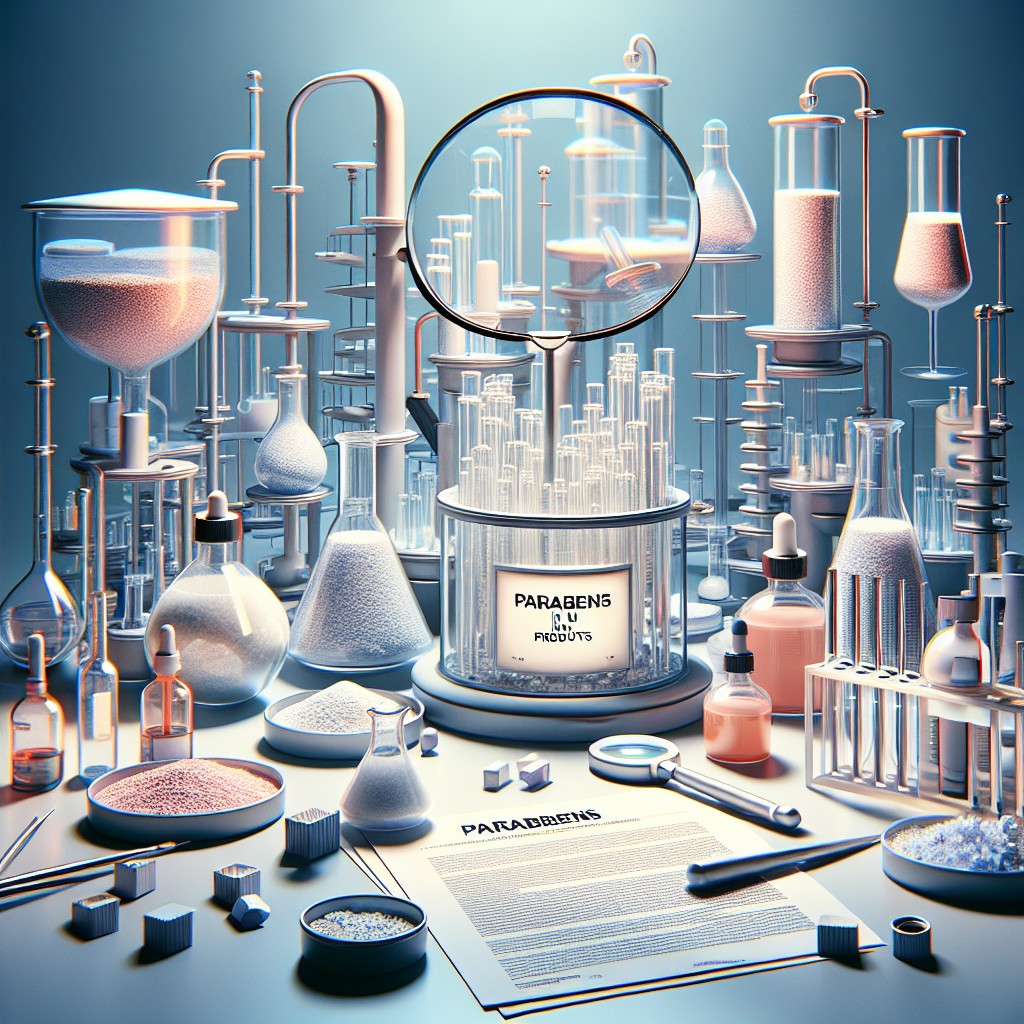Parabens are a widely used class of preservatives in the beauty and personal care industry. They can be found in a variety of products including lotions, shampoos, makeup, and even some food items. However, recent research has raised concerns about the potential health risks associated with the use of parabens. In this article, we will delve into the new research on parabens and why they have been considered as one of beauty's most problematic preservatives.
Parabens are used in cosmetic products to prevent the growth of harmful bacteria and molds. They have been in use for decades due to their effectiveness and low cost. However, their chemical structure is similar to estrogen, a hormone naturally produced by the human body. This similarity has led to concerns over their potential to disrupt the body's hormonal balance.
One of the major concerns associated with parabens is their potential to act as endocrine disruptors. Endocrine disruptors are substances that can interfere with the body's hormones and have been linked to various health problems. Several studies have suggested that parabens can mimic estrogen in the body and disrupt normal hormone function.
A study published in 2004 found traces of parabens in breast cancer tumors. This discovery sparked further research into the potential connection between parabens and breast cancer. Although no direct causal relationship has been established, the presence of parabens in these tumors raised concerns about their potential role in the development of breast cancer.
Further research has also suggested a link between parabens and reproductive issues. A study published in the journal Environmental Health Perspectives found that exposure to parabens during pregnancy could lead to an increased risk of preterm birth and low birth weight. These findings are particularly concerning as they suggest that parabens could potentially affect the development of unborn children.
In response to these concerns, some countries and organizations have taken steps to regulate or ban the use of parabens in cosmetic products. The European Union, for example, has restricted the use of certain types of parabens in cosmetic products. In the United States, however, there are no specific regulations regarding the use of parabens in cosmetics, and they can still be found in a wide range of products.
Despite the controversy surrounding parabens, the scientific community remains divided on their safety. The Cosmetic Ingredient Review (CIR), a panel of independent experts, has concluded that parabens are safe for use in cosmetic products at their current concentrations. However, other researchers argue that the cumulative effect of exposure to multiple parabens and other endocrine-disrupting chemicals is still not fully understood.
In light of the ongoing debate, many consumers have become more conscious about the products they use and are opting for paraben-free alternatives. The demand for paraben-free products has grown significantly in recent years, prompting many beauty brands to reformulate their products and remove parabens from their ingredient lists.
When shopping for beauty products, it is important to read the labels and look for alternatives to parabens. Some common paraben alternatives include phenoxyethanol, potassium sorbate, and sodium benzoate, which have been deemed safer alternatives.
In conclusion, the new research on parabens has shed light on their potential health risks and their status as one of beauty's most problematic preservatives. While the scientific community is still divided on the matter, consumer concerns and increased demand for paraben-free products have prompted changes within the industry. By staying informed and opting for paraben-free alternatives, consumers can take proactive steps towards maintaining their health and well-being.

Share This Article
More Articles You Might Like
Discover More Content
Explore our collection of articles across various topics and categories. From cutting-edge technology insights to wellness wisdom, we curate the best stories to expand your horizons.
Article ID: 78